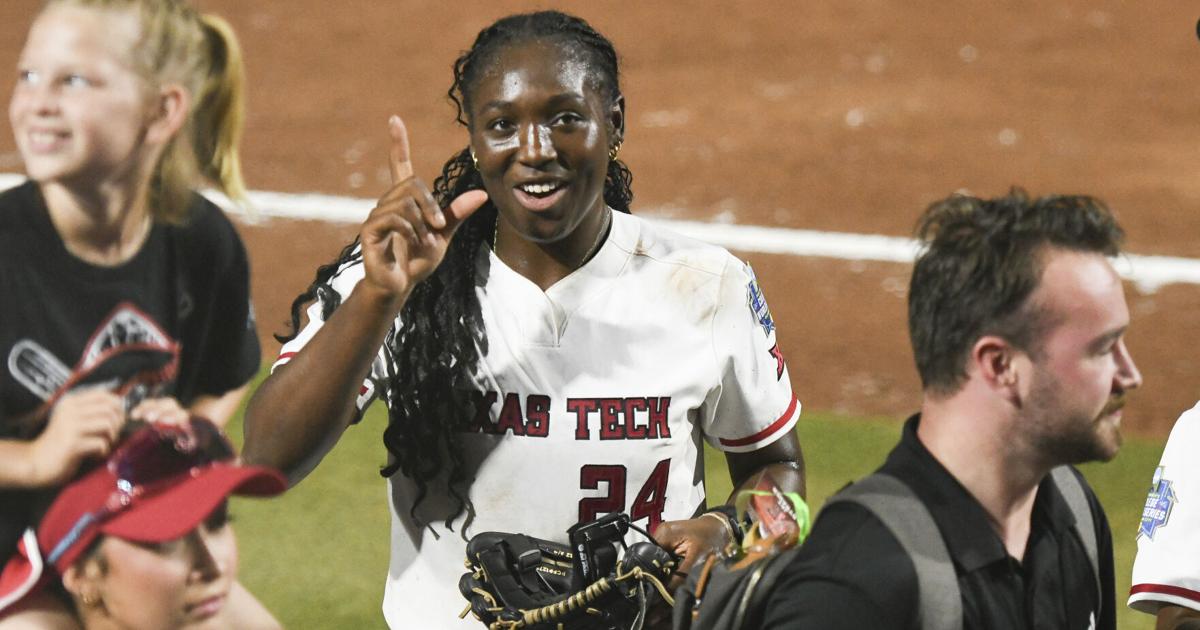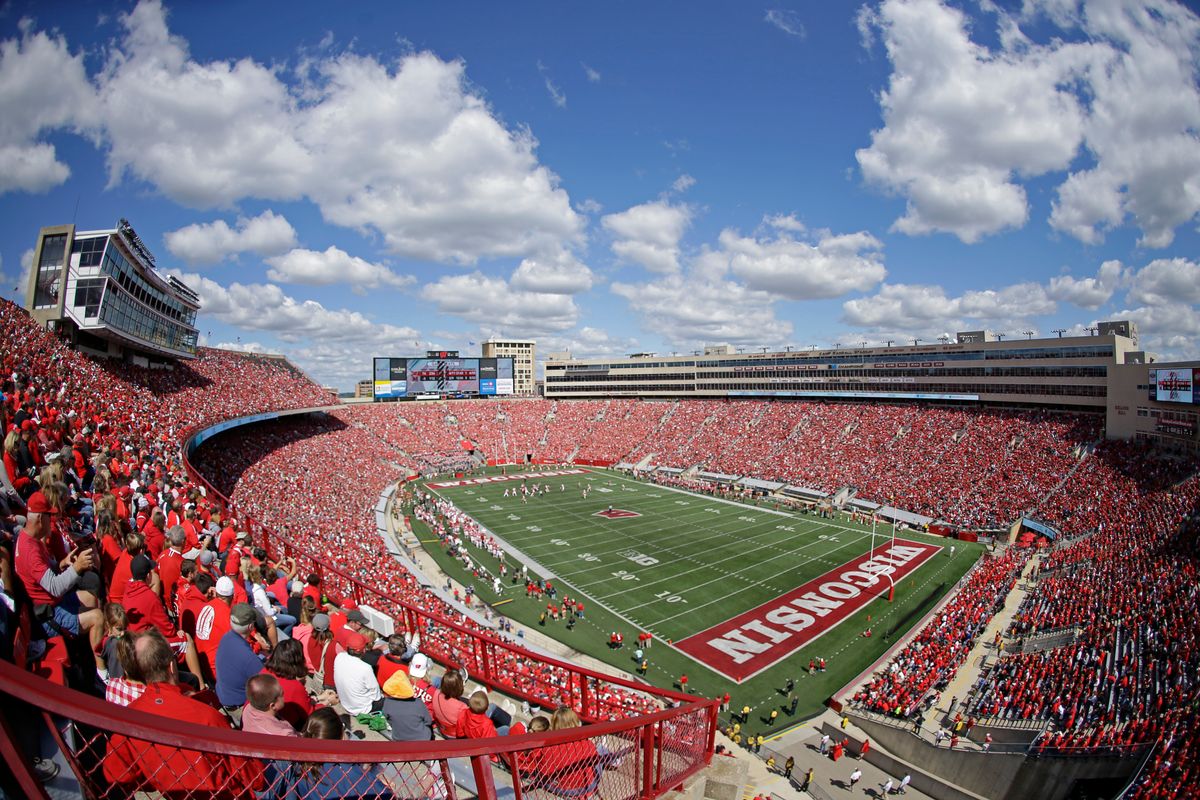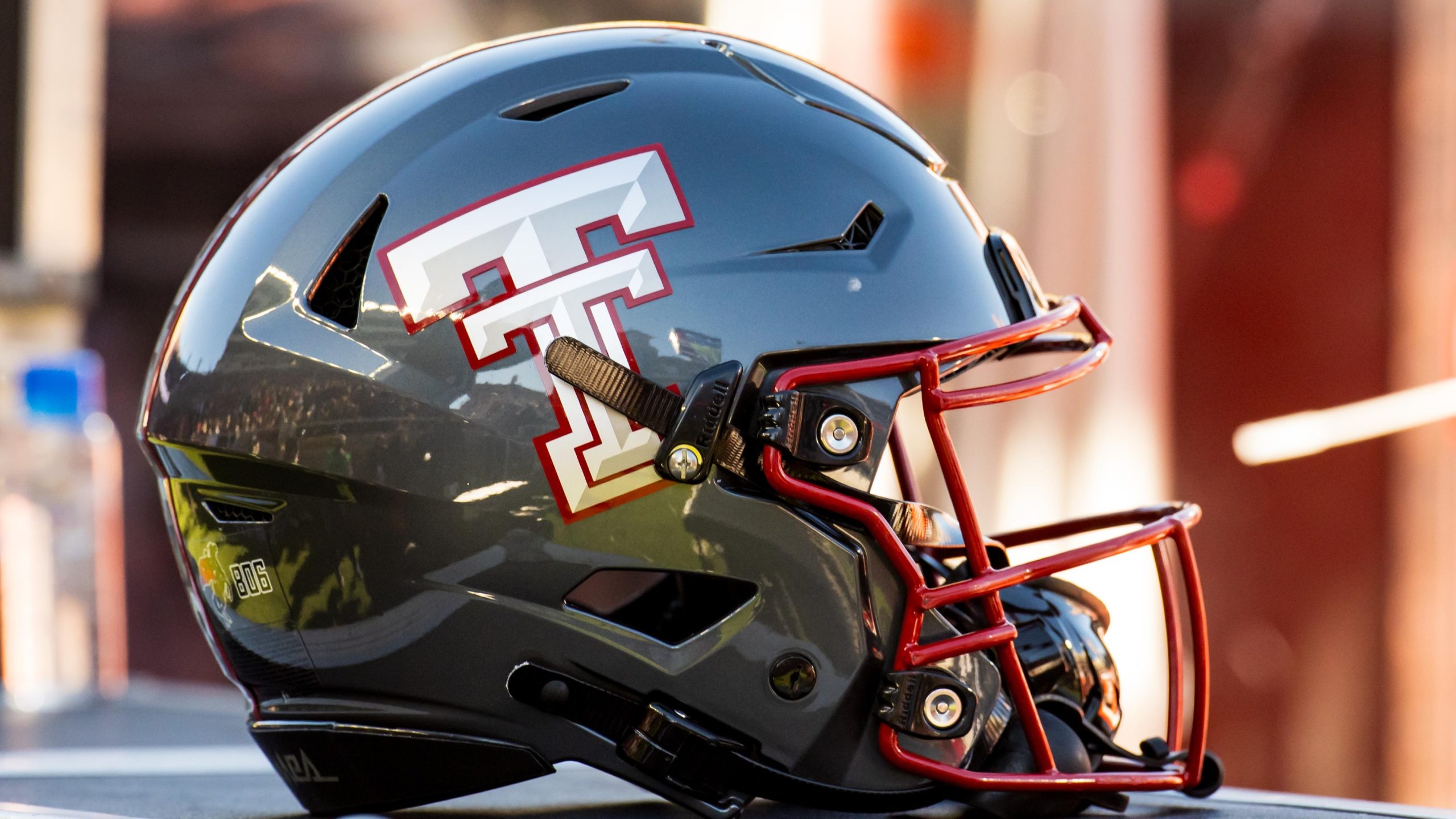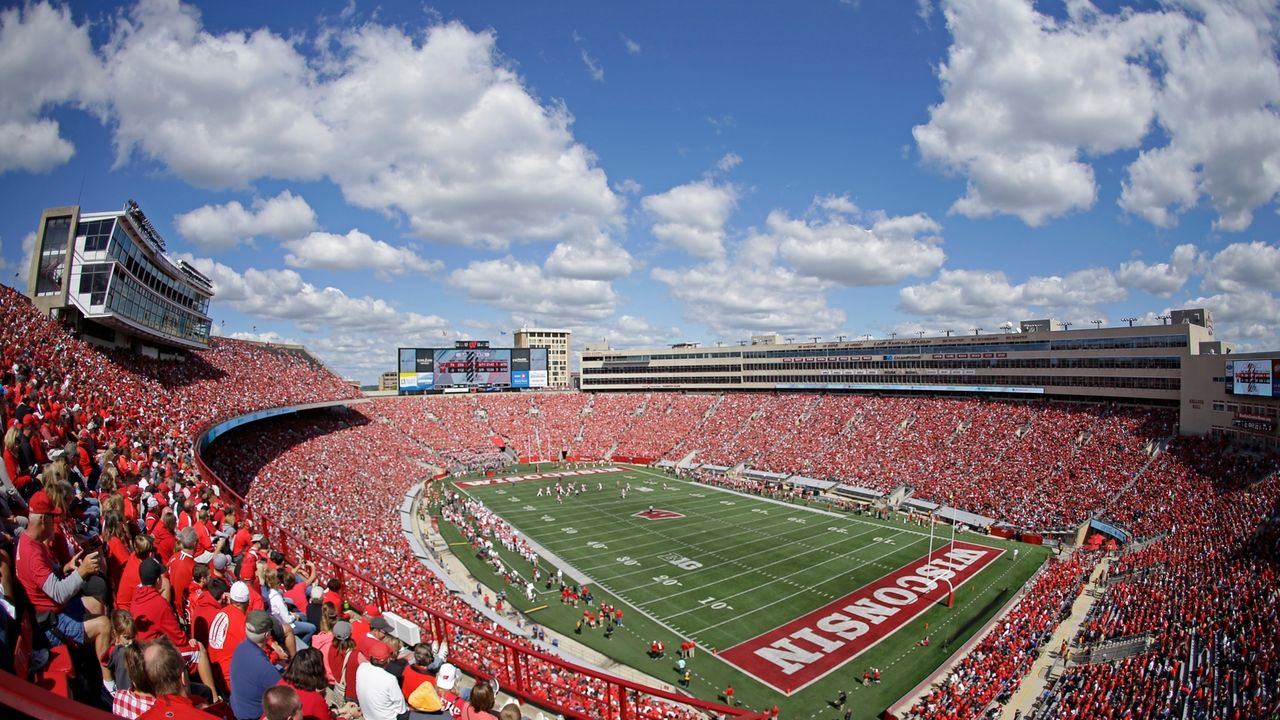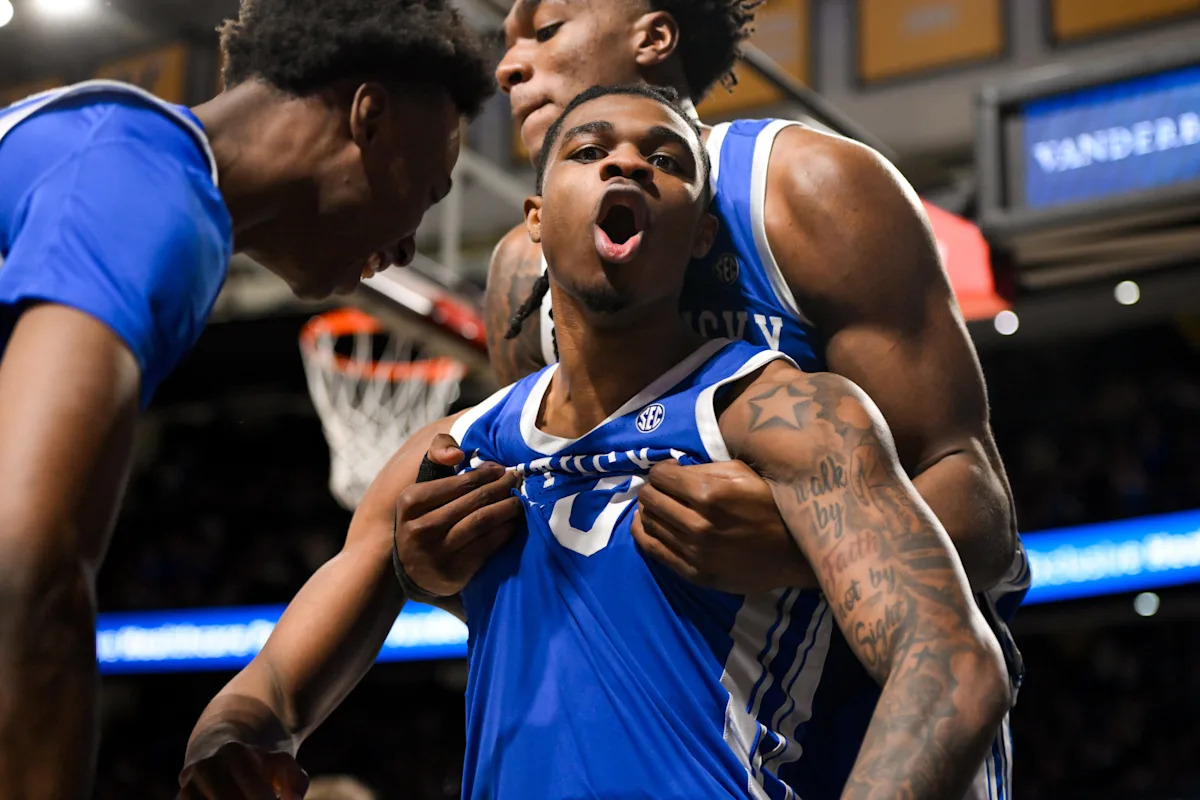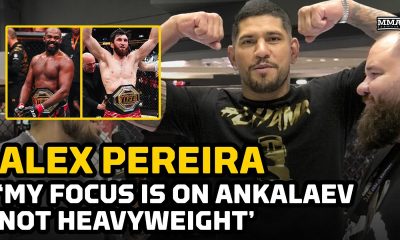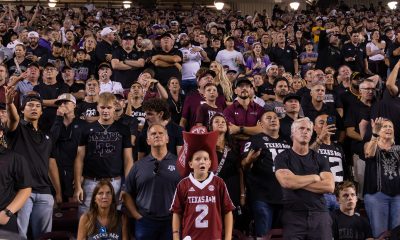Before name, image and likeness brought huge payouts to college athletes, coaches panicked over its potential impact in the locker rooms. They thought pocket watching would be the rule of thumb and it would cause division on the team over how much individuals were making.
There were tales here and there of jealousy over deals tearing teams apart. Steve Alford said Nevada’s basketball team fell victim last season. Overall, the coaches were wrong about this one.
Advertisement
I bring that up because, as of Tuesday, colleges and universities can officially begin paying their athletes directly as part of the House v. NCAA settlement. There will be more players with deals that rival professional sports contracts.
It wasn’t a problem when it was just NIL, and it won’t be a problem with college athletes essentially getting salaries now.
Just ask Kentucky basketball players. Who’s making what isn’t a topic that is ever really broached in their locker room.
“If I’m being honest, we really don’t talk about it because it’s a weird conversation to have,” UK guard Otega Oweh said. “Like, ‘Oh, yeah, how much you making?’ It’s kind of strange, so we just stay away from that topic. Keep the hoops, the hoops.”
Advertisement
Unless some regulation is passed to get transparency and there is public reporting of team roster salaries, then it will be a guessing game for the athletes, too.
Players hear the same things the general public does when it comes to individual salaries and how much a school is reportedly paying its roster. Oweh said he heard the rumors that UK was paying $20 million for its 2024-25 basketball squad.
“I feel like it could be,” Oweh said. “A lot of other teams I’m seeing, like, similar things. So it could be, I really don’t know.”
Give the players some credit here. Every player in every sport has been through enough practices, enough drills and through enough game scenarios to know exactly who they’d want to make a play that will decide the game’s outcome.
Advertisement
There is an unspoken hierarchy. And the payments will reflect that reality. The disparity between who makes what is only going to get worse now with revenue sharing in play.
For those lucky enough to play professionally in their sport, this is simply the beginning of what life looks like in the real world.
Denzel Aberdeen transferred to UK after being a key reserve on Florida’s national championship run last season. He said comparing incomes wasn’t a problem for the Gators, and he hasn’t found any issues now that he’s with the Wildcats.
“We know what we came in for, we came in to play basketball,” Aberdeen said. “It ain’t really about the other stuff.”
Advertisement
That’s certainly not to say that it’ll never happen.
There will be cases where who is making what money will cause division in the locker room. But those occurrences will happen no more than players bickering over the starting lineup or who gets what plays called for them or the timeless tale of bickering over a love interest, which has been known to throw a monkey wrench in many a championship contender.
The bigger stories from NIL payments came over unfulfilled NIL promises including UNLV starting quarterback Matt Sluka, who transferred midseason because the school didn’t deliver on a verbal agreement. Or former Tennessee quarterback Nico Iamaleava reportedly asking for a pay increase to $8 million before leaving for UCLA.
The players handled making NIL money with maturity. Expect them to do the same with more money pouring in from the House settlement.
Advertisement
Reach sports columnist C.L. Brown at clbrown1@gannett.com, follow him on X at @CLBrownHoops and subscribe to his newsletter at profile.courier-journal.com/newsletters/cl-browns-latest to make sure you never miss one of his columns.
This story was updated to add a video.
This article originally appeared on Louisville Courier Journal: Kentucky basketball can handle NCAA revenue sharing: House settlement

